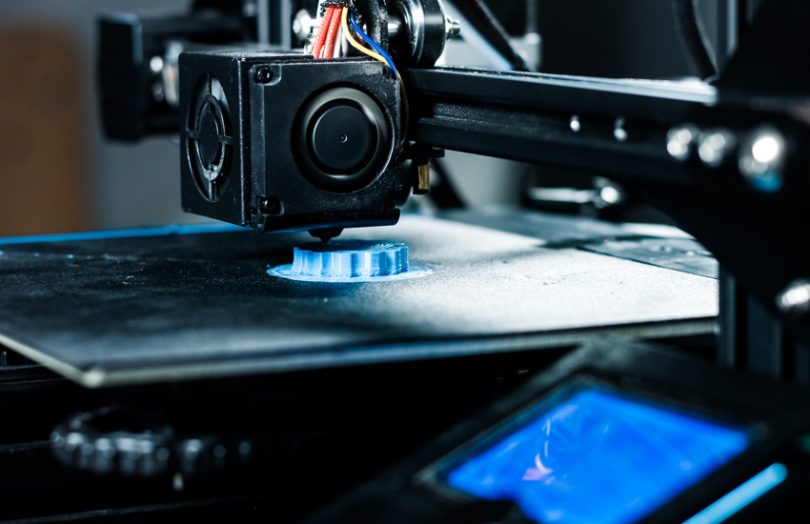Yesterday industrial blockchain firm Data Gumbo announced a contract with Norway-based deep tech company Fieldmade. The Norwegian company delivers 3D designs so that its defense and energy clients can manufacture parts onsite. The project aims to leverage Data Gumbo’s blockchain network, GumboNet, to verify the origin of Fieldmade’s 3D product designs and materials. Houston-based Data Gumbo is backed by energy firms Saudi Aramco and Equinor.
With 3D printing, or additive manufacturing, the importance of using the correct design or quality of metallic components for parts cannot be overstated.
Fieldmade CEO, Christian Dunn Norberg, hopes Data Gumbo’s network will increase the trust in all stages of their equipment supply market place. He also mentions GumboNet offers Fieldmade additional security to protect intellectual property and other sensitive information, ensuring transactional certainty.
GumboNet will support Fieldmade’s 3D printing services across its aerospace defense and energy sectors, recording data ranging from intellectual property to delivery information. Data Gumbo also claims to be able to automate and implement smart contracts with ‘unprecedented speed, accuracy, visibility, and transparency.’
Last year, Power generation and water technologies firm General Electric (GE) created a blockchain to manage the 3D process supply chain, claiming its secure enough even for quantum computing. “The goal here is to provide security for the entire additive process from powder to print,” said GE Research Blockchain Leader, Benjamin Beckmann.
Even the U.S. Air Force has turned to blockchain initiatives in manufacturing traceability, announcing it would use SIMBA Chain for this purpose last year. The platform’s role is to ensure the enemy does not compromise 3D designs and blueprints during battle.
In late 2019, Air New Zealand trialed aircraft-parts maker Moog’s blockchain system that supplied a 3D printed replaced part for a flight from Auckland to L.A. The solution combines blockchain and 3D printing to accelerate the parts replacement process and to ensure aviation law compliance.






